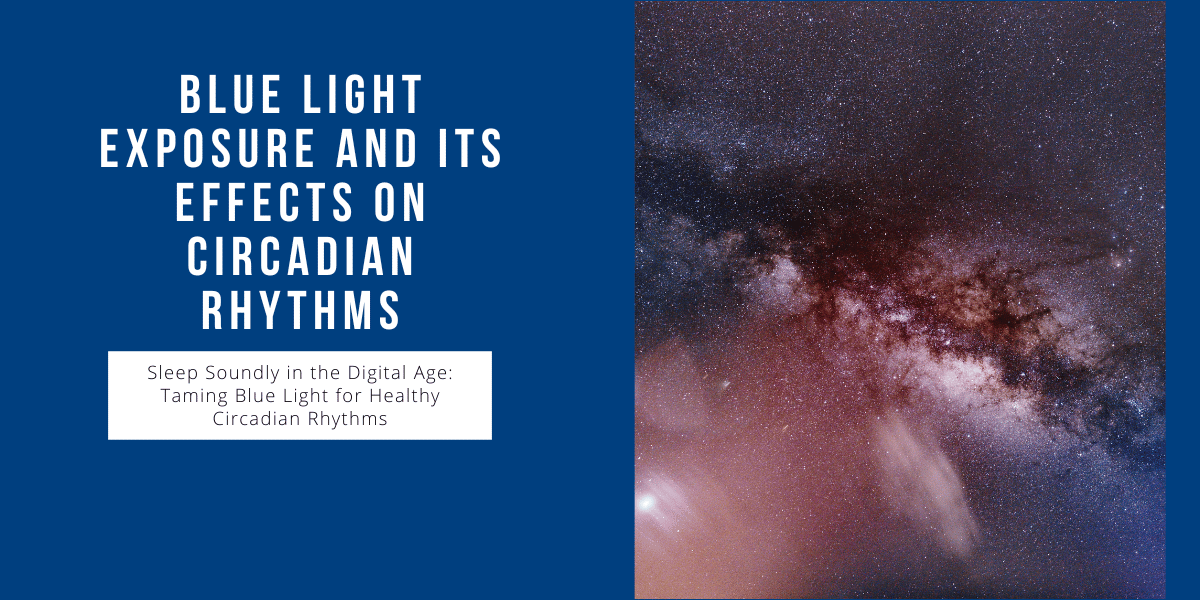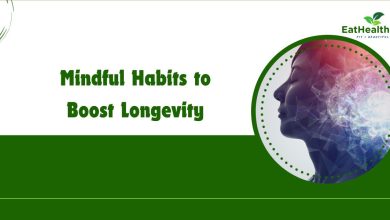Blue Light Exposure and Its Effects on Circadian Rhythms
Sleep Soundly in the Digital Age: Taming Blue Light for Healthy Circadian Rhythms
The Blue Light Dilemma: Navigating Its Impact on Your Circadian Rhythms
In our modern, technology-driven world, exposure to blue light has become unavoidable. From smartphones to laptops, we are constantly surrounded by screens emitting this high-energy, short-wavelength light. However, this convenience comes at a cost, affecting our circadian rhythms, the internal clock that regulates our sleep-wake cycle. In this insightful blog post, we will explore the effects of blue light on circadian rhythms and offer practical solutions to mitigate its impact, ensuring a harmonious balance between our digital lives and natural sleep patterns.

Understanding Circadian Rhythms:
Circadian rhythms are the body’s internal clock, synchronizing our biological processes with the 24-hour day-night cycle. They influence sleep, hormone production, and overall physiological functioning. Exposure to blue light, especially during the evening, can disrupt this delicate balance, leading to sleep disturbances and potential health issues.
Impact of Blue Light on Sleep Quality:
- Suppression of Melatonin: Blue light inhibits melatonin, the sleep hormone, making it harder to fall asleep even when tired.
- Delayed Sleep Onset: Prolonged exposure to blue light, especially before bedtime, delays the natural onset of sleep, leading to insomnia and restlessness.
- Disrupted Sleep Patterns: Blue light exposure can fragment sleep, reducing the overall duration of deep, restorative sleep cycles.
Mitigating Blue Light Effects:
- Blue Light Filters: Use blue light filters on devices, reducing the intensity of blue light emission during the evening hours.
- Night Mode: Enable night mode settings on smartphones and computers to shift the screen’s color temperature to warmer tones.
- Limit Screen Time: Create screen-free zones, especially in the bedroom, and establish digital detox hours before bedtime.
- Invest in Blue Light Blocking Glasses: These glasses filter out blue light, allowing for comfortable screen use without disrupting sleep patterns.
Conclusion: By understanding the impact of blue light on our circadian rhythms and adopting mindful screen habits, we can reclaim our sleep quality and overall well-being. Balancing our digital engagements with the body’s natural sleep-wake cycle ensures not only restful nights but also enhances our daytime productivity and vitality. Embrace the power of managing blue light exposure, and let your circadian rhythms guide you to a harmonious, rejuvenating sleep.




